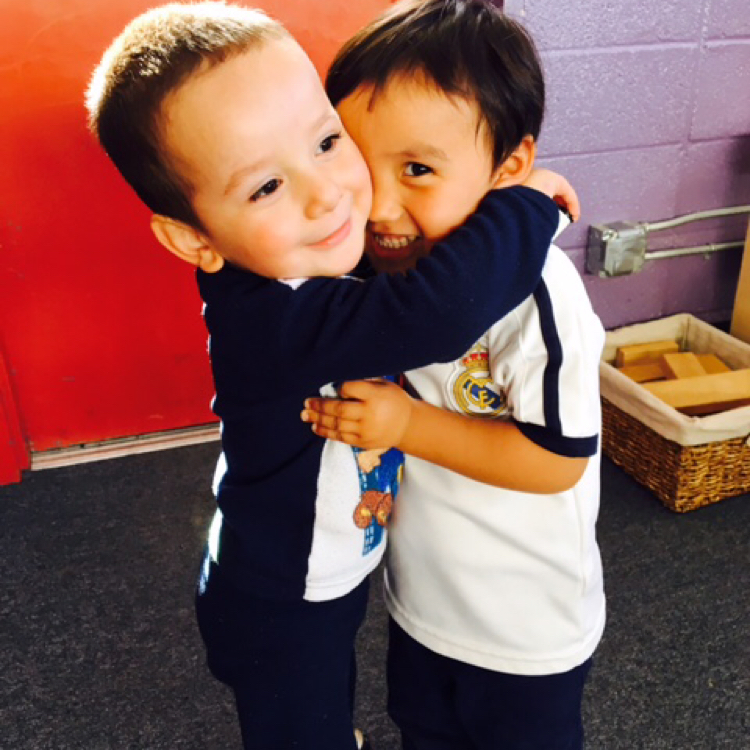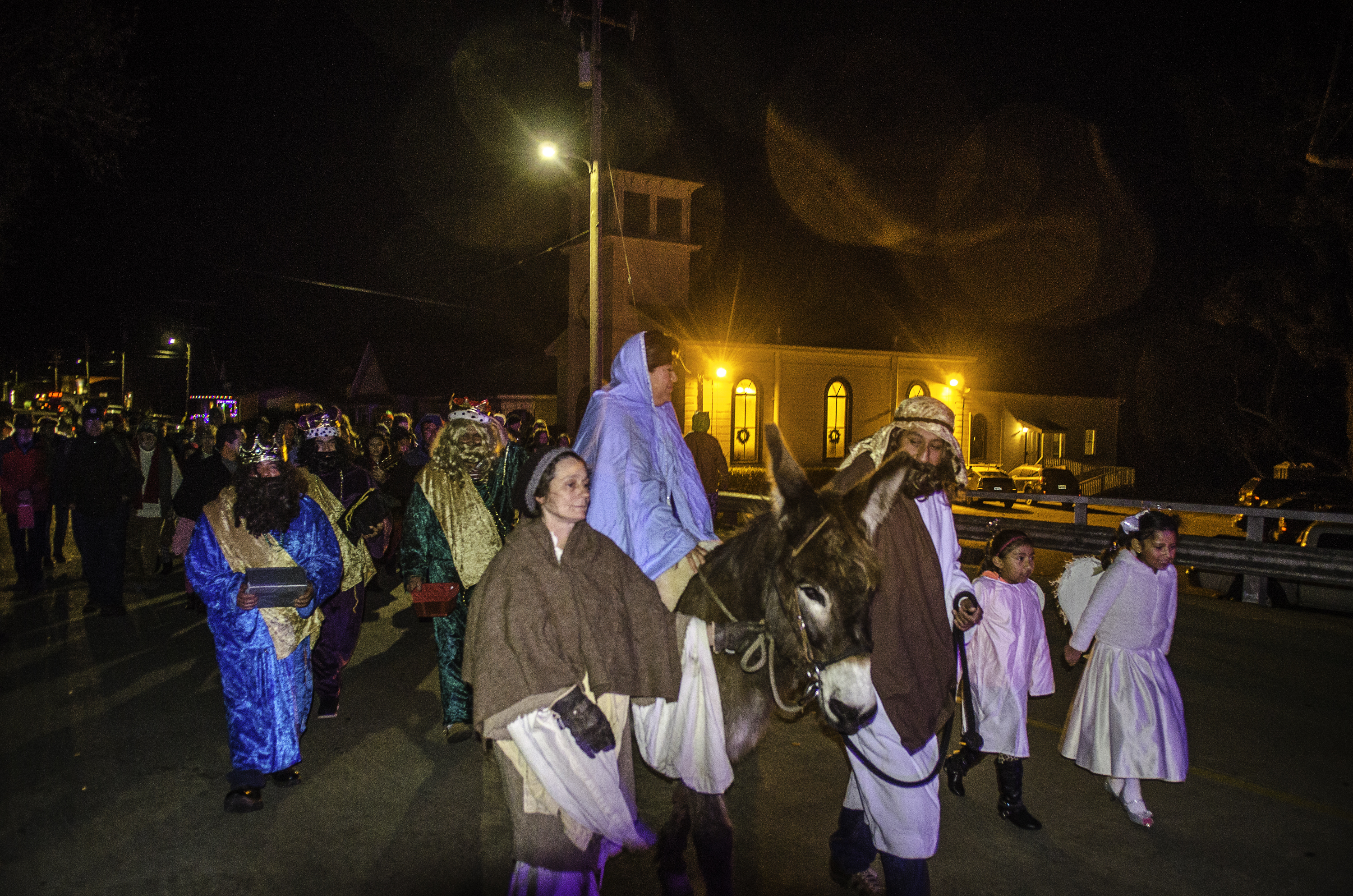
For most students, the biggest hurdle to obtaining a degree from a 4-year college is admission itself, “will I get in to the school of my choice?” The second challenge for students then becomes, “can I afford college?” All these challenges are hurdles that are relatable. We find ourselves reflecting back to our own experiences with college admissions and affordability. However, for Susana Lopez, a participant in the Puente youth leadership and employment program and a freshman at San Francisco State University, these were gateway concerns to a larger set of challenges.
As a first-generation student, Susana found herself navigating the San Francisco State University system with no family guidance. Her first semester at SF State felt overwhelming. Her family was unable to relate to the challenges of transitioning into college, and they were also unfamiliar with the demands of a university. For Susana, “It has always been a challenge to prove that going to a university is the best for me.”
Susana’s struggle is the unseen struggle many first-generation students face, the absence of empathy and understanding from parents about the difficulties college presents. Students best thrive when they have a support system that understands and identifies with the challenges they face. And while many do have a family support system, many first-generation students carve out their paths alone because they don’t have a model to follow. It’s only until they find peers like themselves or organizations like Puente that they begin to establish networks of support for their college life. The struggle to find someone who can support and guide you can be extremely difficult. Therefore, obtaining a 4-year degree to Susana means, “breaking boundaries in my own family.”
Besides not feeling understood by her family, Susana had the additional challenge of commuting to school on public transportation. Three times a week, Susana wakes up at 5am to catch the first bus out of Pescadero at 6am to arrive on time to her first class, which starts at 8am. That meant riding the bus for two-hours in the morning and one-hour in the evening. As if school itself wasn’t a challenge already, Susana dealt with the daunting task of organizing a well-planned bus route connecting in Redwood City to ensure prompt arrival at school. To add to the already mounting challenges, her financial aid was also removed near the end of the semester because her parents’ income. Susana had to pay back what was granted to her. This was the tipping point for Susana. Not only had her first semester been challenging in its transition, but also she faced hurdles many of her peers did not have, and this was just one more way she felt the system was pushing her out.
Puente’s Education Director, Lizeth Hernandez, recalls receiving an email from Susana stating she was dropping out, that “it was too much.” Hernandez called financial aid and demanded to know the reasons why financial aid was withdrawn and how this could be reversed. That same day Hernandez spoke with Susana and told her not to worry, “that this too was solvable.” The same week, Susana, with Hernandez by her side went to financial aid at SF State to address the matter once and for all. On that day, Susana realized that while the journey to college and the journey of college may not be easy, it was worth fighting for. For Susana a college degree means “not settling and having to rely on somebody to provide for [her].” A life lesson she’s learned at a young age. She will have to pay for it all with her own income and scholarships but she knows this is her dream and she will pursue it.
Today Susana awaits the start of her spring semester knowing that she will continue to face challenges, but that she is strong enough to overcome whatever comes her way. While her commute may stay long, her hope for a better future is stronger than the long-duration of her school route. And although she may no longer count on the school’s financial aid, she will not let her dream for a college-degree slip away.
This new year, make a resolution to support college students on the South Coast achieve their higher education dream. Contact Lizeth Hernandez, Education Director, to know the many different ways you can support college students.
“Los obstáculos de los estudiantes de primera generación”
Para mucho estudiantes, el obstáculo mas grande de sobrepasar para una educación universitaria es la admisión a una escuela, “¿seré admitido a la escuela de mi preferencia?” El segundo obstáculo para los estudiantes es “¿podré pagar mis gastos universitarios?” Todos estos obstáculos son situaciones con las cuales nos podemos relacionar. Nos encontramos reflexionando sobre nuestras propias experiencias con la admisión y el costo de la educación universitaria. Sin embargo para Susana López, una estudiante del programa de liderazgo juvenil y empleo de Puente, esto era el principio de obstáculos aún mas grandes.
Como estudiante de primera generación a la universidad, Susana se encontró navegando el sistema universitario de la universidad estatal de San Francisco sin guía familiar. Su primer semestre en la universidad fue abrumador, y su familia no estaba familiarizada con la responsabilidad que demanda una universidad. Para Susana, “siempre ha sido un reto demostrar que ir a la universidad es lo mejor para mi.”
El reto de Susana es el lucha invisible de muchos estudiantes universitarios quienes son primera generación: la falta de empatía y entendimiento por el lado de los padres sobre las dificultades que presenta la universidad. Los estudiantes sobre salen en el colegio cuando tienen un sistema de apoyo que los entiende y se identifiquen con ellos. Y aunque muchos estudiantes tienen apoyo de sus families, para un gran número de estudiantes quienes son los primeros en ir a la universidad, ellos tienen que crear su propio camino ya que muchas veces no tienen un modelo a seguir. Es hasta que ellos encuentran otro compañeros con experiencias similares que comienzan a establecer una red de apoyo. El reto de encontrar apoyo y guía puede ser muy difícil. Entonces para Susana obtener un titulo universitario es “romper barreras en su propia familia.”
Aparte de no encontrar apoyo académico con su familia, Susana también tiene el obstáculo adicional de transportarse a la universidad. Tres veces a la semana Susana se despierta a las 5 de la mañana para agarrar el primer autobús de pescadero a San Francisco para llegar a su clase a las 8:00 am. Viaja dos horas por la mañana y una en la tarde. Como si la universidad no tuviera sus propios obstáculos, Susana tiene que calcular una ruta exacta conectando en Redwood City para atender sus clases. Como si eso no fuera suficiente, el apoyo financiero que se le fue dado, fue removido por la universidad. Esto fue la gota que derramo a Susana. No solamente fue su primer semestre dificultoso en su transición, pero también estuvo lleno de retos que otros estudiantes no tienen. Para ella esta era otra manera en cual el sistema la estaba sacando.
La directora de educación, Lizeth Hernandez, recuerda recibir el correo electrónico de Susana anunciando que dejaría la escuela, “era demasiado.” Hernandez, llamó a la oficina de ayuda financiera para demandar porque se le había removido el apoyo y buscar como resolver la situación. Ese mismo día Hernandez habló con Susana y le dijo “esto también tiene una solución.” El lunes siguiente, Susana con la directora de educación fueron a la universidad para aclarar el problema financiero de una vez por todas. Ese día, Susana descubrió que el camino a terminar la universidad no sería fácil, pero que era una batalla que valía la pena. Obtener su diploma significa “no tener que conformarme o depender de otra persona.” Una lección que aprendió a edad temprana.
Hoy Susana espera el comienzo de su segundo semestre sabiendo que tendrá otros retos, pero que ella es lo suficientemente inteligente y fuerte para sobrepasarlos. Y mientras su viaje a la universidad sigue siendo largo, su esperanza para un futuro mejor es aún mas poderosa que su larga trayectoria a terminar la escuela.
Este año, que uno de tus propósitos sea apoyar a estudiantes de colegio. Comunícate con Lizeth Hernandez, Directora de Educación, para saber como puedes apoyar a estudiantes de colegio de la Coast Sur.


 A message from Rita Mancera, Executive Director, Puente.
A message from Rita Mancera, Executive Director, Puente.


